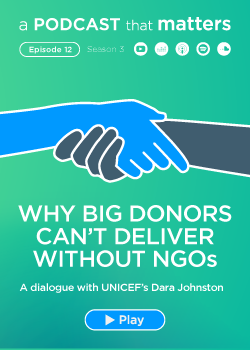Print

Intersecting Grounds of Discrimination in Italy
Details
Locations:Belgium, Italy
Start Date:Dec 14, 2020
End Date:Dec 13, 2022
Contract value: EUR 313,120
Sectors: Education, Training & Capacity Building, Gender & Human Rights, Research & Innovation
Description
Programme(s): Rights, Equality and Citizenship Programme-REC Programme 2014-2020
Topic(s): REC-RDIS-DISC-AG-2019
Type of action: REC Action Grant
Funded under: Rights, Equality and Citizenship Programme
Project ID: 881975
Objective: INGRiD’s priority is to fight (multiple) discrimination using an intersectional approach. Given the increasing discrimination in Europe, and in particular in Italy, and the fragmented, partial response offered by institutions at national and local level, INGRiD contributes to creating in Italy a national network of qualified anti-discrimination services, strengthens assistance to victims, and builds widespread knowledge and awareness of stakeholders as well as citizens across Europe. INGRiD activities include: research on hidden intersecting discrimination; local training activities designed to empower professionals (100) working in public and private services (law enforcement, public transport, teachers, civil servants, social services), turning them in ‘agents’ of anti-discrimination; national training and exchange of practices will increase the effectiveness of antidiscrimination offices (10) in preventing, recognising and countering discrimination and consolidate a national network; an awareness-raising campaign will sensitise citizens (5mln) and help them recognise what discrimination is and how to react. All mentioned activities and the online advocacy campaign will increase stakeholders' (100) knowledge of EU, national, regional and local policies, as well as practices in the non-discrimination field. INGRiD’s impact is expected on victims of discrimination, who will be better supported by professionals reporting and countering discrimination with an intersectional approach; moreover, anti-discrimination practitioners will grow in terms of number and expertise; finally, the general public will have increased awareness about what discrimination is, what forms it takes and what policies and measures can be adopted by individuals to contrast it.


